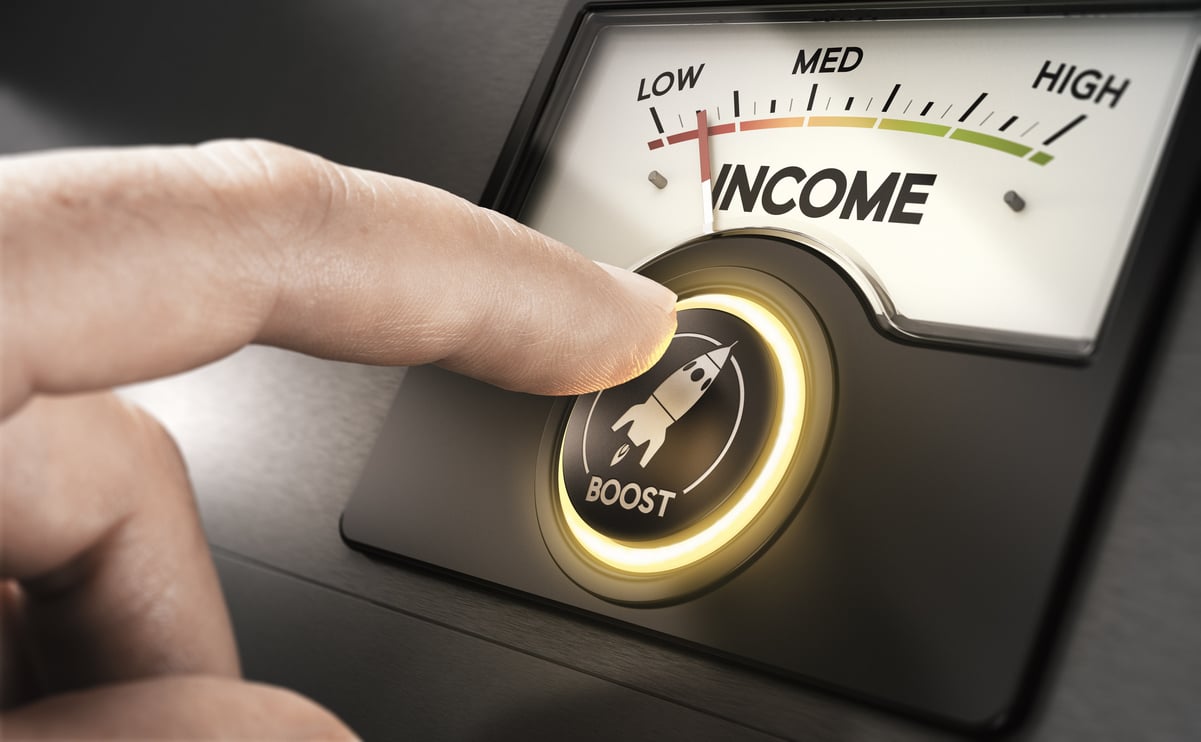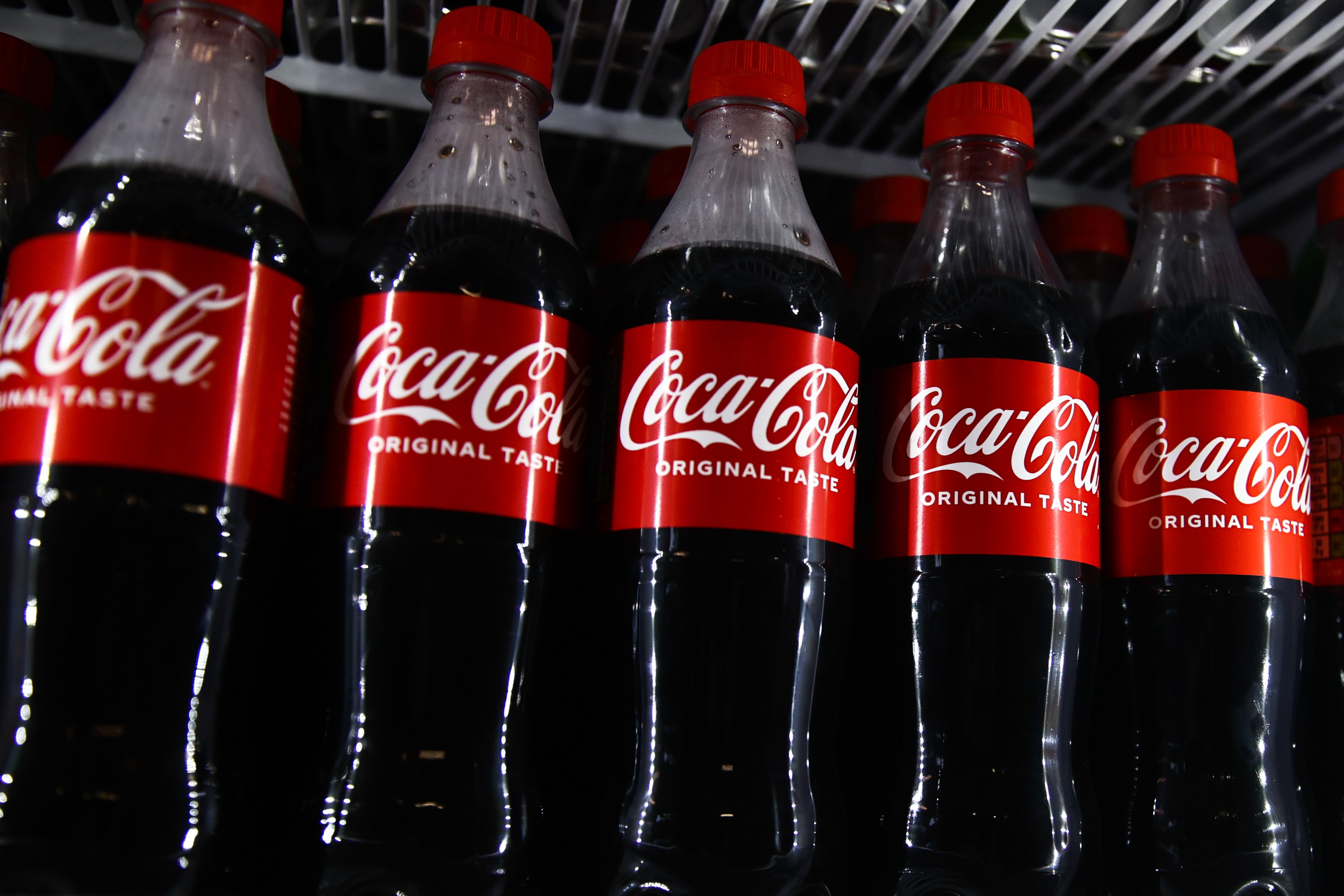One year Coca-Cola (KO +1.88%) is spinning off its bottling operations, the next year seemingly it's buying them again. Now it's back to selling them. Each time the case is made, the transaction makes a lot of financial sense, but the process brings to mind the question: Does Coke really know what it's doing?

PepsiCo (PEP +3.32%) is certainly no better, often following Coke's lead on how to proceed. In the 1990s when Coke spun off its bottling operations, it wasn't long before Pepsi followed suit. When Coke bought back its bottlers in 2010, Pepsi was doing the same thing, buying its two biggest bottlers for about $7.8 billion to give it direct control of most of its U.S. beverage manufacturing and distribution. Now that Coca-Cola is once again saying it will sell bottling operations in Illinois and Florida, it's only right to wonder how soon we'll hear that Pepsi is mulling over a sale as well.
Even though the ebb and flow of these deals doesn't always seem to make sense, the latest maneuver at least gives Coke the potential to make a lot of money.
It owns about 80% of its total U.S. distribution rights and made clear when it started moving to the franchising model again last year that they wouldn't be perpetual licenses like before, but rather would need to be renewed after 10 years. Having purchased the North American division of its largest bottler, Coca-Cola Enterprises (NYSE: CCE), in 2010 for $12.3 billion, Coke gained direct control of about 90% of volume in the process. Consumer Edge Research estimates the U.S. distribution rights could be worth around $9.5 billion.
Still, it can't be ignored that when Coke bought CCE's operations, it did so in the belief that a single, strong, aligned business would operate with increased efficiency that would result in savings and additional revenue opportunities of $350 million over four years.
That it hasn't worked out quite as planned is likely behind the move to refranchise. There's been a steady decline in its profit margins following the acquisition, with North American operating margins falling to 13.2% in 2012 from 21.4% in 2009. Coca-Cola's volumes and revenues fell short of internal expectations last year and net income came in at $1.7 billion for the quarter, an 8.4% decline from the comparable period last year. More surprising, however, was the drop in revenues, which fell 3.6% to $11.04 billion, down from the year-ago period but also below analyst expectations of $11.3 billion, as North American sales volumes fell 1%.
Soda sales are in decline all across the U.S., particularly in the diet soda category, where consumers are increasingly concerned about artificial sweeteners added to the drinks. Pepsi was only able to manage a 1% organic increase in sales in 2013 while Dr Pepper Snapple Group said its carbonated soft drinks were down 2% by volume and 4% by sales. It's also being forced to rethink its whole low-calorie soda program that's faced significant pushback from convenience stores due to low sales.
With the possibility of reaping large financial rewards this go-round, perhaps Coca-Cola really does know exactly what it's doing.







